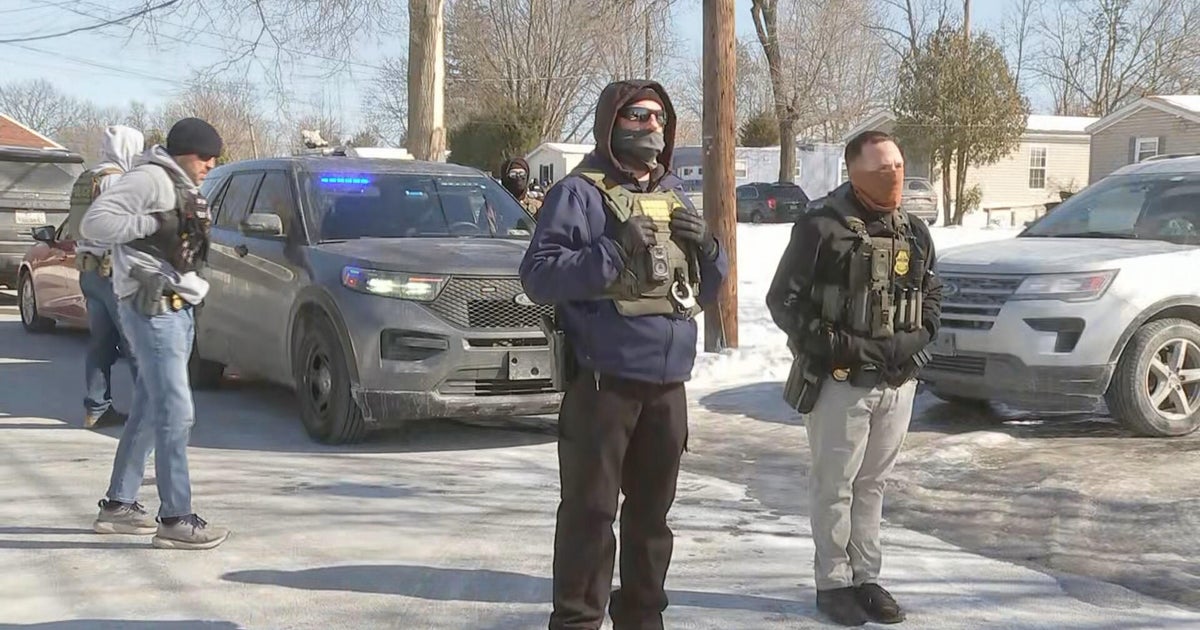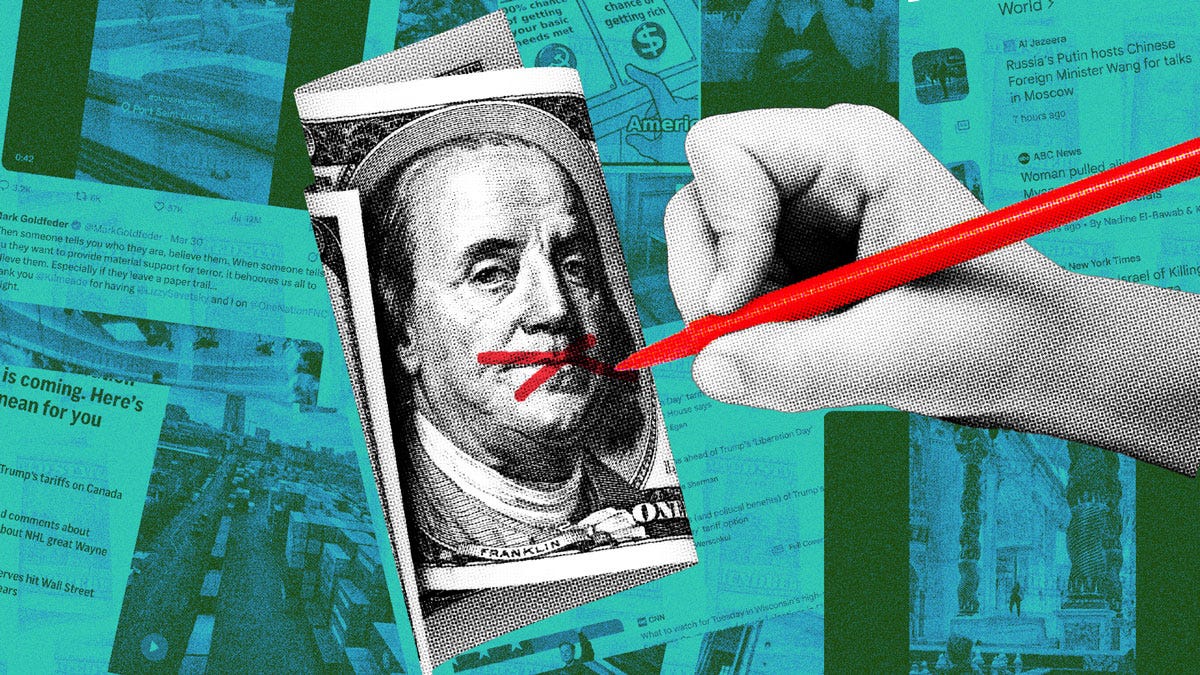Why Biden's limited mask mandate may not do enough to lift the U.S. economy
Among the flurry of executive actions that President Joe Biden signed in his first day in office is a requirement that people wear masks inside federal buildings, while Americans are being urged to wear facial coverings for 100 days. The idea is to contain the coronavirus and save lives, but there could be a secondary benefit: a boost to the economy.
A national mask mandate could add $1 trillion to the nation's GDP, according to a recent UCLA study. That's because the spread of infections could be reduced to zero if used universally and in combination with other public health measures such as contact tracing, the authors found. Other research from researchers at Washington University in St. Louis found that communities where mask wearing was mandated benefited from a 5% boost in consumer spending as people felt safer to shop.
But the question is whether Mr. Biden's mask order goes far enough to make a measurable impact. The mandate doesn't require all Americans wear masks in public; rather, it applies only to federal buildings on federal lands and to federal employees and contractors. Meanwhile, the nation has a hodge-podge of mask regulations, with 37 states requiring people to wear masks while in public, according to the AARP.
"I am skeptical about whether this action covers enough workers to have a noticeable effect on the economy," said Raphael Thomadsen, professor of marketing at Washington University in St. Louis and a co-author of the study on consumer spending and masks, told CBS MoneyWatch about Mr. Biden's mask mandate. "That said, any small effect is likely to be slightly positive."
But, he added, if more people start wearing masks because of Mr. Biden's order as well as heed his message that facial covering can help halt the pandemic, the impact could be more widespread — providing greater support for both public health and the economy.
"Bottom line: Mask mandates are good for the economy and boost spending quite a bit," Thomadsen said. "They are only a small piece in managing this pandemic and economic recovery, but given the cheapness of the approach, and the significant positive benefits on spread and spending, they are a no-brainer as far as policy is involved."
The U.S. Chamber of Commerce, a leading business organization, said it supported Mr. Biden's mask mandate and the campaign for Americans to cover up for 100 days.
"With 400,000 American lives now tragically lost, we must join together to fight the pandemic through multiple fronts: masks, social distancing and the vaccine," said Suzanne P. Clark, president of the U.S. Chamber of Commerce, in a statement.
The pandemic has now killed more than 400,000 people in the U.S., reaching that grim milestone a little over a month since the death toll hit 300,000. The virus could kill half a million people in the U.S. by sometime in February, experts predict.
The renewed surge has stopped the recovery in its tracks. Hiring fell in December, its first decline since the pandemic first leveled the job market in April. Businesses in the first week of January continued to cut workers as they coped with rising infection rates, new restrictions imposed by cities and states, and tighter spending at restaurants, bars and other service-oriented businesses as consumers retreated indoors.
Overall, the country still has roughly 10 million fewer jobs than before the virus erupted last spring. Hiring is unlikely to turn the corner until vaccines become widely available later this year, according to Oxford Economics. "The economy will likely still be short of 4 million jobs at the end of 2021," Oxford Economics senior U.S. economist Lydia Boussour said in a January 12 research note.
Among the sectors feeling the most pain are those that rely on in-person services, like restaurants and hotels. As coronavirus rates inch up across the nation, cities such as Los Angeles and New York have tightened their regulations on restaurants to help slow the spread of the disease. Mask mandates could help consumers regain confidence in patronizing those and other businesses, research suggests.
"We find that mask mandates do increase consumer spending by quite a bit: 5%, which is large as far as macroeconomic effects go," Thomadsen said. "We find that they help out every sector of the economy that we can find, including accommodation and food services."



